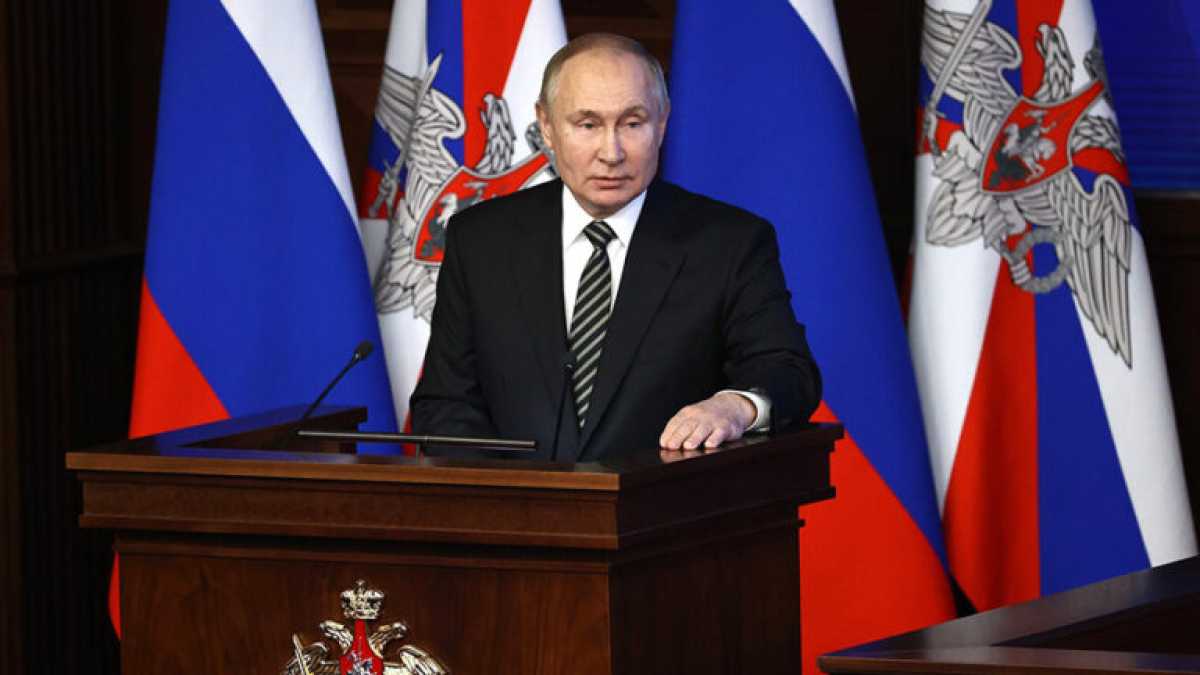World
Russian Rejection of U.S. Nuclear Arms Talks Signals Escalating Tensions

Russian leadership has officially declined a formal invitation from the United States to engage in new talks regarding nuclear arms control, indicating a further deterioration in the relationship between the two nations. The rejection of the proposal, aimed at establishing a new agreement beyond the New Strategic Arms Reduction Treaty (New START), which is set to expire in 2026, was communicated by the Russian Foreign Ministry.
In their response, Russian authorities emphasized that the current geopolitical landscape, particularly the situation around Ukraine and the role of NATO, does not foster an environment conducive to meaningful dialogue on arms control. The statement cited concerns about security and the lack of demonstrated interest by the United States in addressing Russia‘s apprehensions.
The initial overture for renewed nuclear arms discussions was made by National Security Advisor Jake Sullivan last year, with the U.S. expressing willingness to participate in talks without preconditions. However, the subsequent Russian rebuttal highlighted a significant shift in stance, marking a departure from earlier positive reactions.
Following the rejection, the U.S. State Department released its annual report on the implementation of New START, noting challenges posed by Russia’s suspension of certain treaty obligations. Despite the limitations in verification, the report suggested that Russia likely remained within the agreed-upon limits for deployed warheads.
Deputy Russian Foreign Minister Sergei Ryabkov later underscored the focus on maintaining strategic offensive weapon quantities in line with treaty specifications, provided there are no further destabilizing actions by the United States. The lack of a productive response or counterproposal from Russia has raised concerns about the future of arms control agreements.












